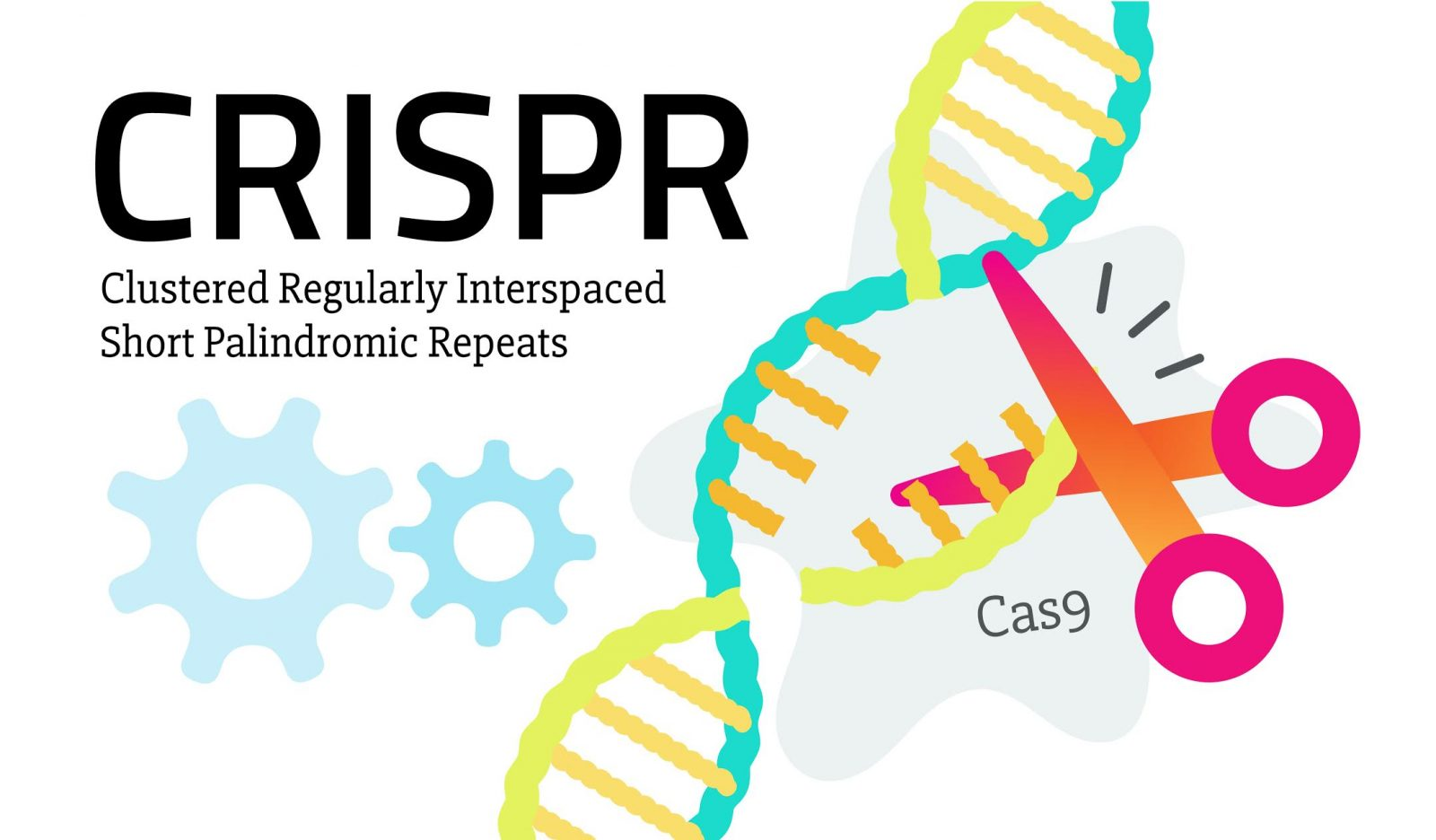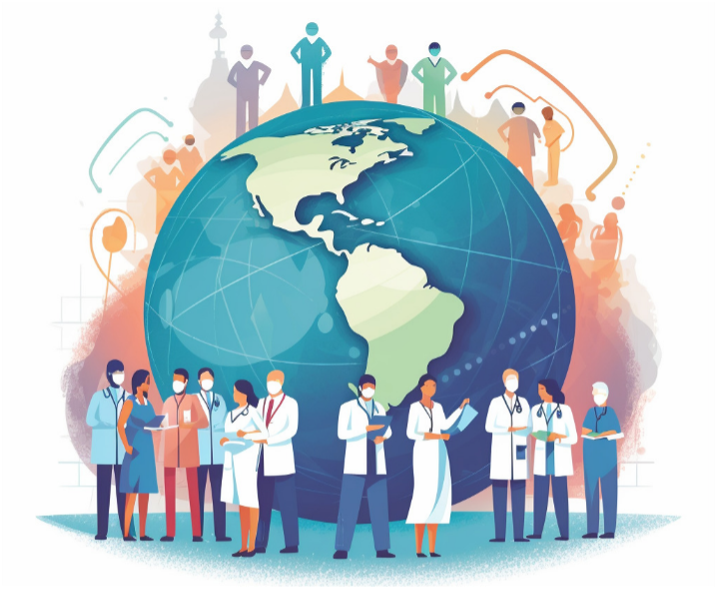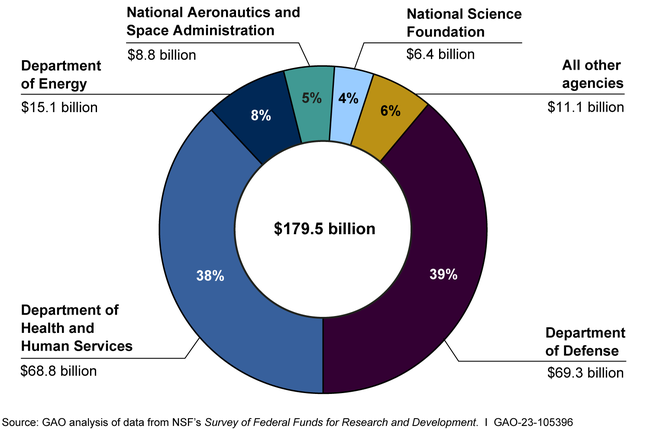CRISPR ethics is at the forefront of today’s discussions surrounding the rapid advancements in gene editing technology. As we navigate the promise of cures for debilitating diseases like sickle cell anemia, we must also confront the complex ethical dilemmas that arise. The ability of CRISPR technology to manipulate genetic material poses significant questions about health equity and access to treatments. With innovations often making those who already have advantages even wealthier, the conversation about bioethics has never been more critical. How do we balance the potential benefits of gene editing against the fundamental rights and dignities of all individuals?
The ethical landscape of gene editing technologies, such as CRISPR, occupies a critical space in contemporary medical discourse. Terms like genetic manipulation and hereditary disease intervention are reshaping our understanding of what it means to be human. As society grapples with potential therapies for conditions like sickle cell disease, issues of social justice and equitable access to these advancements come to the forefront. Discussions must consider not only the scientific possibilities but also the moral responsibilities tied to altering human genetics. Ultimately, this dialogue invites a reevaluation of what constitutes health justice in an age of unprecedented genetic innovation.
The Promise of CRISPR Technology in Sickle Cell Treatment
CRISPR technology promises to revolutionize the way we approach genetic diseases, particularly sickle cell anemia. This genetic condition, characterized by the production of abnormally shaped red blood cells, can lead to severe pain and health complications for those affected. The advent of CRISPR allows for precise editing of the genes responsible for this disease, providing hope for a definitive cure that was previously unimaginable. By targeting and altering somatic cells, scientists can effectively remove the sickle cell mutation, significantly improving the quality of life for patients and potentially eradicating the disease for future generations.
However, the implementation of CRISPR technology raises significant questions about equity in healthcare. As mentioned by Neal Baer during the Science Center talk, the staggering cost of sickle cell treatment using CRISPR, approximately $2.2 million, presents a major barrier to accessibility. This issue of health equity highlights the disparity between those who can afford cutting-edge medical treatments and those who cannot, bringing into question whether these groundbreaking advancements will truly be available to all who need them. The ethical implications of such disparities must be considered as we navigate the future of gene editing.
Ethical Concerns Surrounding Gene Editing
The ethical landscape surrounding CRISPR and gene editing is fraught with complex dilemmas that must be addressed as the technology advances. During the discussion led by Baer and Brendel, serious concerns were raised about the implications of editing genes for traits that are not strictly pathological. For instance, the question of whether it is appropriate to use CRISPR to modify traits associated with disabilities, such as Down syndrome, challenges our definitions of normalcy and acceptability in society. This raises significant bioethical issues related to autonomy, informed consent, and the potential for societal pressure to conform to certain genetic standards.
Furthermore, the potential for gene editing to be used for non-therapeutic enhancements leads to broader questions about what it means to be human. If parents are allowed to decide the genetic traits of their children, we must consider the ramifications of ‘designer babies.’ Such practices could exacerbate existing inequalities and create a society where only the wealthy can afford enhancements, leading to a new form of social stratification. These ethical considerations necessitate careful deliberation among scientists, ethicists, and policymakers to ensure that the use of CRISPR technology aligns with societal values and promotes justice.
Implementing rigorous ethical guidelines is crucial as we explore the full range of possibilities with CRISPR technology. It is important to establish systems of accountability to prevent misuse and ensure equitable access to gene therapies. With ongoing discussions among stakeholders, including scientists, ethicists, and the public, we can better navigate these uncharted waters and use CRISPR technology responsibly.
Health Equity and CRISPR: A Global Perspective
The emergence of CRISPR technology poses significant implications for global health equity. As highlighted during the Science Center talk, gene editing holds the promise of eradicating diseases that disproportionately affect marginalized communities, such as sickle cell anemia. However, access to these transformative treatments remains a critical concern. The economic disparities between different populations can lead to a situation where only affluent nations benefit from advanced healthcare solutions, while those in lower-income countries continue to suffer from untreated genetic disorders. This situation calls for an urgent need for policies that encourage equitable distribution of medical advancements, ensuring that everyone can access the benefits of CRISPR technology.
Moreover, the ethical discussions surrounding CRISPR must consider the broader implications of health justice on a global scale. When contemplating the use of gene editing technologies, we must think about the potential for exploitation in less regulated environments. Concerns about oversight in countries with fewer ethical constraints represent a genuine risk, potentially leading to abuses and harmful applications of CRISPR. It is essential for global health organizations to establish collaborative frameworks that emphasize ethical standards, ensuring that innovations in gene editing are applied fairly and without compromising the health rights of individuals.
The Role of Bioethics in Gene Editing Research
As CRISPR technology continues to evolve, the field of bioethics plays a pivotal role in guiding responsible research and application of gene editing. The conversations initiated by experts like Neal Baer and Rebecca Weintraub Brendel emphasize the necessity of integrating ethical considerations into scientific exploration. Bioethics provides a framework for addressing the moral implications of gene editing, ensuring that researchers remain cognizant of the potential consequences their work may have on individuals and society. This includes scrutinizing the motivations behind gene editing, the implications for future generations, and the risks of unforeseen health issues.
Additionally, bioethics fosters a dialogue between scientists, policymakers, and the public, facilitating a more inclusive approach to decision-making in gene editing. Engaging diverse perspectives, including those of patients and communities affected by genetic diseases, is essential for creating ethical guidelines that reflect societal values. By prioritizing bioethical principles, the scientific community can work towards harnessing CRISPR technology not just for medical advancement, but in a manner that respects human rights and promotes the dignity of all individuals.
Navigating the Regulatory Landscape of CRISPR
As CRISPR technology rapidly advances, navigating the regulatory landscape becomes increasingly crucial. With great power comes great responsibility, and this rings especially true for gene editing technologies. Ensuring that regulations keep pace with scientific progress is essential to safeguarding public health and ethical standards. Key regulatory bodies must develop comprehensive frameworks that address the safety and ethical use of CRISPR, particularly regarding germline editing, which holds the potential to affect future generations. Adequate oversight is necessary to prevent unethical practices and ensure informed consent for patients participating in clinical trials.
Moreover, regulatory discussions must include international collaboration to create global standards for gene editing practices. As Baer expressed concern regarding oversight in countries like Russia or China, the need for a unified approach becomes clear. By establishing international agreements that prioritize ethical considerations, we can create a cohesive ecosystem where gene editing is used responsibly and equitably across different regions. This collective effort will not only help mitigate risks associated with CRISPR but also enhance trust in the technology among the public.
Potential Benefits and Risks of CRISPR Technology
The potential benefits of CRISPR technology are monumental, particularly when applied to genetic diseases like sickle cell anemia. With precision gene editing, the prospect of curing such debilitating conditions is on the horizon, tapping into the very foundation of human genetics. The ability to manipulate genes effectively opens doors not only for treatment but also for the possibility of eliminating inherited genetic disorders from future generations. However, celebrating such advancements also requires an acknowledgment of the nuanced risks associated with this technology.
Critics warn of the unintended consequences that may arise from gene editing. Each gene does not function in isolation; changes made to one gene can have unforeseen effects on others due to the complex interactions within our genomes. For instance, while lowering LDL cholesterol through gene editing may seem beneficial, it might have ripple effects on insulin regulation and other biochemical pathways. The dual nature of CRISPR as both a potential miracle and a potential source of genetic peril emphasizes the need for thorough research and caution in its application.
Public Perception and Engagement in Gene Editing
Public perception plays a significant role in determining the future of CRISPR technology and gene editing as a whole. Engaging with communities and fostering transparency in discussing gene editing advancements can help demystify the technology and alleviate fears. Educational initiatives are essential to inform the public about the possibilities and limitations of CRISPR while addressing ethical concerns directly. By facilitating open dialogues, scientists can cultivate trust and acceptance, enabling informed discussions about societal impacts and personal choices.
Moreover, public engagement can be instrumental in shaping policy decisions regarding gene editing. By incorporating the voices and concerns of diverse communities, policymakers can develop regulations that reflect societal values and ethical principles. As we embark on this new chapter in genetic science, it is imperative that we prioritize the perspectives of those who may be affected by these technologies, ensuring that the evolution of CRISPR aligns with the collective values of society.
Future Directions in CRISPR Research
Looking ahead, the future of CRISPR technology promises transformative opportunities in genetic research and therapy. Scientists are continuously refining the precision and efficiency of CRISPR systems, enhancing our ability to edit genes with minimal off-target effects. As research progresses, novel applications may emerge not only in treating genetic disorders but also in advancing fields such as agriculture and biodiversity conservation. The ongoing exploration of CRISPR is likely to yield innovative solutions to some of our most pressing challenges, but such advancements must be approached with caution and ethical foresight.
In conclusion, the future of CRISPR technology holds immense potential for healing and innovation, provided we remain vigilant about the ethical implications it entails. As we navigate this transformative landscape, promoting collaboration between scientists, ethicists, policymakers, and the public will be crucial in ensuring that the use of CRISPR aligns with the principles of health equity and justice. By embracing a responsible approach to gene editing, we can harness the power of CRISPR to benefit society and improve human health without compromising our ethical commitments.
Frequently Asked Questions
What are the ethical implications of CRISPR technology in gene editing?
CRISPR technology raises significant ethical concerns, particularly regarding gene editing. The ability to modify human genes brings forth questions about the morality of altering human traits, informed consent, and potential long-term impacts on future generations. Ethical discourse emphasizes the need for oversight and responsible use of CRISPR in addressing conditions like sickle cell disease, balancing innovation with health equity.
How does CRISPR impact health equity for treatments like sickle cell disease?
The use of CRISPR technology to treat diseases such as sickle cell anemia presents both opportunities and challenges for health equity. While CRISPR can potentially cure this genetic disease, access to such treatments is often limited by costs and availability, raising issues on who can afford these innovations. Ensuring equitable access to CRISPR-based therapies remains a critical ethical consideration.
Should CRISPR technology be used for non-life-threatening conditions?
The ethical debate surrounding CRISPR technology extends to its applications in non-lethal conditions. Questions arise about parental rights to make genetic modifications for traits viewed as enhancements, such as altering genes associated with Down syndrome. This invokes discussions on human diversity, the definition of normalcy, and the potential societal implications of such gene editing.
What oversight exists for CRISPR technology and gene editing?
Currently, oversight for CRISPR and gene editing varies by country, with significant concerns about regulation and enforcement, particularly in regions like Russia or China. The existing laws against cloning and germline editing stress the necessity of international frameworks to govern the ethical application of CRISPR technology and prevent misuse.
What unintended consequences could arise from CRISPR gene editing?
CRISPR gene editing, while promising, may yield unforeseen consequences due to the complex nature of genetics. Adjusting a single gene can disrupt multiple biological pathways, potentially leading to health issues. For instance, editing genes linked to cholesterol could inadvertently affect insulin regulation. Ethical concerns thus underline the importance of thorough research and understanding before implementing CRISPR technologies.
How does CRISPR technology provoke discussions around bioethics?
CRISPR technology serves as a focal point for bioethics discussions, particularly regarding the moral justification of gene editing in humans. Issues of consent, the ramifications of gene modification on future generations, and the social implications of ‘designer babies’ are vital areas of this discourse, urging the biomedical community to adopt a cautious and informed approach.
What role does CRISPR play in addressing medical conditions like sickle cell anemia?
CRISPR plays a transformative role in treating medical conditions like sickle cell anemia by allowing precise edits to the genes responsible for the disease. This capability presents a revolutionary advancement in medicine, highlighting both the therapeutic promise and the accompanying ethical debates regarding the implications of modifying human genetics.
What ethical considerations are involved in creating genetically modified humans through CRISPR?
Creating genetically modified humans through CRISPR raises profound ethical considerations, including the extent of parental control over genetic traits, potential societal divisions based on genetic enhancements, and unforeseen health risks. The dialogue emphasizes the importance of ensuring that modifications do not perpetuate inequities or violate ethical standards of autonomy and justice.
| Key Points | Details |
|---|---|
| CRISPR Technology Introduction | CRISPR allows editing of somatic and germline genes to potentially cure genetic diseases. |
| Ethical Concerns | Questions arise about the ethics of gene editing, particularly regarding diseases that are not life-threatening. |
| Health Equity | CRISPR treatments can be very expensive, raising issues of who can afford such therapies and the broader implications for global health. |
| Decision-Making Responsibility | Debates exist on who should make decisions about genetic modifications, especially related to the child’s future traits. |
| Consequences of Gene Editing | Unintended consequences of genetic modifications may include unforeseen health issues due to complex genetic interactions. |
| Oversight and Regulation | Concerns regarding the regulation of gene editing practices in different countries and potential misuse. |
Summary
CRISPR ethics involves critical discussions about the implications of gene editing technologies. As advances in CRISPR promise potential cures for genetic diseases, they simultaneously present complex ethical dilemmas surrounding the nature of human variation, health equity, decision-making authority, and regulatory oversight. Engaging thoughtfully in these conversations is essential to navigate the promise and peril that CRISPR brings to modern medicine.




